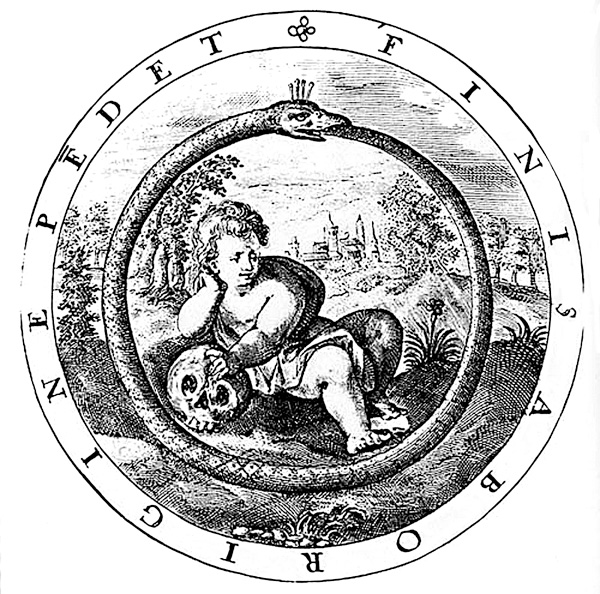Origins: On Nothing
The simple discovery of zero radically changed how we imagine and act on the world.

The question that dominates so much of J.R.R. Tolkien’s The Lord of the Rings is “What has the Hobbit in his pocket?” What wonderful fiction! Even more wonderful was the secret ring brought back from the East by tenth-century A.D. Arab travelers. This ring gave them immense power in commerce, science and mathematics; and after much resistance in the West, it eventually came to belong to everyone: the hollow ring of zero.
Arab merchants learned of zero from such Indian mathematicians as the Hindu philosopher Aryabhata (c. 476–550 A.D.) and the Jain philosopher Mahavira (c. 800–870 A.D.). But the idea was much older than that. Zero was probably transported to India by Greeks under the command of Alexander, who had learned about it during his conquest of Babylon in 331 B.C.
But the Babylonians didn’t invent zero, either. That was one of the great contributions of an even more ancient people: the Sumerians.a By the late fourth millennium B.C., the Sumerians had invented a record-keeping system to keep track of who donated what to each temple. They kept records by incising signs representing the kind and number of goods on clay tablets.b
Already a library member? Log in here.
Institution user? Log in with your IP address.

